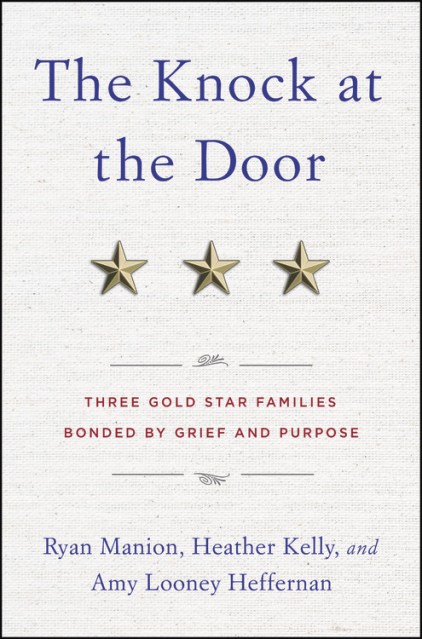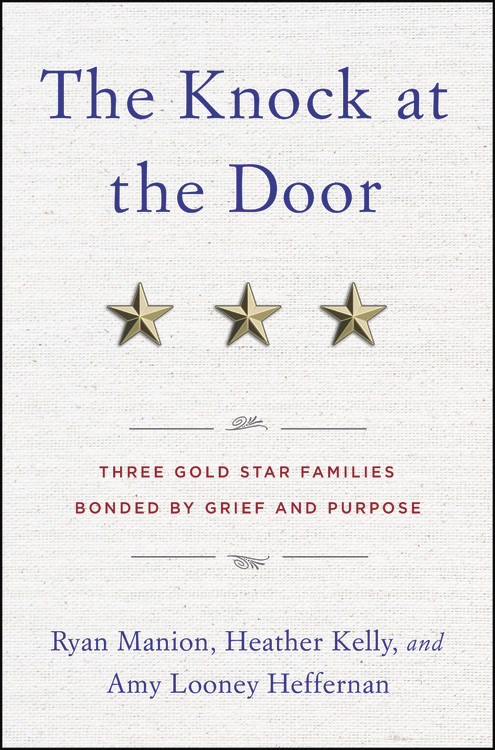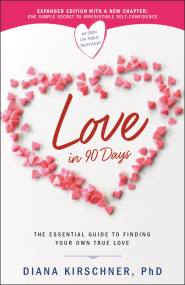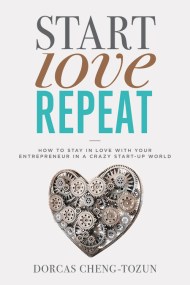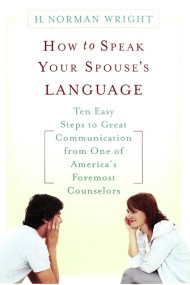By clicking “Accept,” you agree to the use of cookies and similar technologies on your device as set forth in our Cookie Policy and our Privacy Policy. Please note that certain cookies are essential for this website to function properly and do not require user consent to be deployed.
The Knock at the Door
Three Gold Star Families Bonded by Grief and Purpose
Contributors
By Ryan Manion
By Heather Kelly
By Amy Looney
Formats and Prices
- On Sale
- Nov 5, 2019
- Page Count
- 288 pages
- Publisher
- Center Street
- ISBN-13
- 9781546085232
Price
$36.00Price
$46.00 CADFormat
Format:
- Hardcover $36.00 $46.00 CAD
- ebook $14.99 $19.99 CAD
- Audiobook Download (Unabridged)
This item is a preorder. Your payment method will be charged immediately, and the product is expected to ship on or around November 5, 2019. This date is subject to change due to shipping delays beyond our control.
Buy from Other Retailers:
Three Gold Star women, linked forever by unimaginable loss, share their inspiring, unlikely journey that began on the worst day of their lives.
What happens when tragedy knocks on your front door?
For us, it was a literal knock, with two men standing in crisply pressed uniforms. They had news. News that gutted us to the core — the death of our loved ones, a brother and two husbands — in combat zones. The thing about those moments is that it’s almost inconceivable that they can happen to you. That is, until they do.
This book is for anyone who has ever received a knock at the door. And if you live long enough and have the courage to love others, you will. Maybe it’s a cancer diagnosis. Maybe it’s the death of your best friend. The betrayal of a spouse. The loss of a child. The implosion of a professional career. Or any tragedy that takes the person we love the most away from us too soon. Life is not without its challenges. The key is how you respond.
This is our story. The story of three women, bonded by grief and purpose. Grief because we lost our best friends in war. Purpose because we resolved — together — to do something about it. To turn loss into inspiration for others and to channel the love that we had for the men in our lives into love for others through service. It was the only way we could escape the trap of despair and inaction, and we believe it offers a roadmap for anyone else who has ever had to answer a knock at the door.
Newsletter Signup
By clicking ‘Sign Up,’ I acknowledge that I have read and agree to Hachette Book Group’s Privacy Policy and Terms of Use
